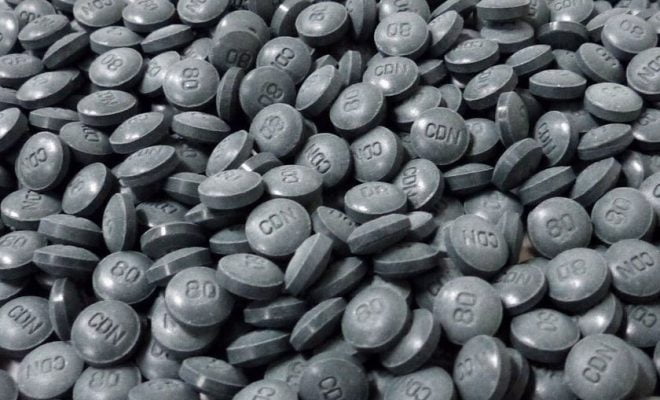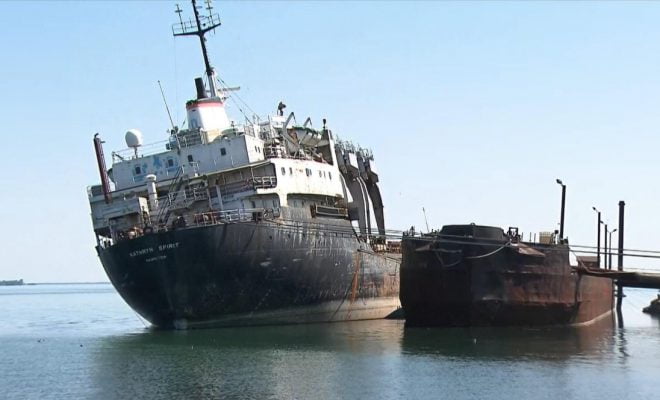Fentanyl overdoses are side effect of war on drugs, expert warns

As Quebec police chiefs and officers meet Thursday to plan a cohesive attack against fatal opioid use, mounting evidence suggests the criminalization of production, sale, and possession of illicit drugs is driving the fentanyl overdose crisis.
Montreal police are taking a “zero tolerance” stance in targeting drug distributors amid a growing public health crisis. While they’ve recently dismantled several fentanyl drug rings, they acknowledge new gangs quickly move in to take their place to sell toxic heroin-laced fentanyl.
Not only has the “war on drugs” failed to make a dent in global trafficking and consumption of narcotics like fentanyl, it’s actually fuelling the spike in overdose drug deaths, said physician and addiction researcher Eugenia Socias of the University of British Columbia and the B.C. Centre on Substance Use.
“The crisis we are witnessing, although it started as a crisis of over-prescribing opioids, has shifted — and actually gotten worse — because of the introduction of illicitly manufactured fentanyl, which is a consequence of law enforcement focusing on the supply side of drugs without adequately addressing the needs of people who have become addicted,” Socias told the Montreal Gazette in an interview this week.
An over-reliance on law enforcement approaches is not likely to curb the fentanyl epidemic, Socias said of a renewed effort by Quebec police to stem drug fatalities.
History has repeatedly shown that prohibition doesn’t work, from the 1920s alcohol prohibition to illegal “street drugs” — opium, cocaine, heroin, marijuana and now fentanyl, Socias said. Punishing the sellers and users of illicit drugs drives the drug trade underground, to crime, violence and death.
Socias’s position echoes a recent call by the United Nations and World Health Organizations for drug decriminalization. Leading medical, public health and human rights groups have also endorsed drug decriminalization, citing health, economic and social benefits in countries like Portugal, which in 2001 decriminalized personal possession of illicit narcotics and invested massively in treatment options.
Representatives from 20 of Quebec’s biggest police departments are expected to hold a closed-door strategy meeting Thursday at the provincial police school in Nicolet, École nationale de police du Québec, following a streak of opioid deaths this summer, mostly in Montreal. The goal is to determine best practices that may be incorporated into police training.
Law enforcement is a difficult political issue, Socias said, one that requires a coordinated approach that addresses the supply side on the street so that decriminalization does not leave illicit supplies in the hands of organized crime.
Read more…








